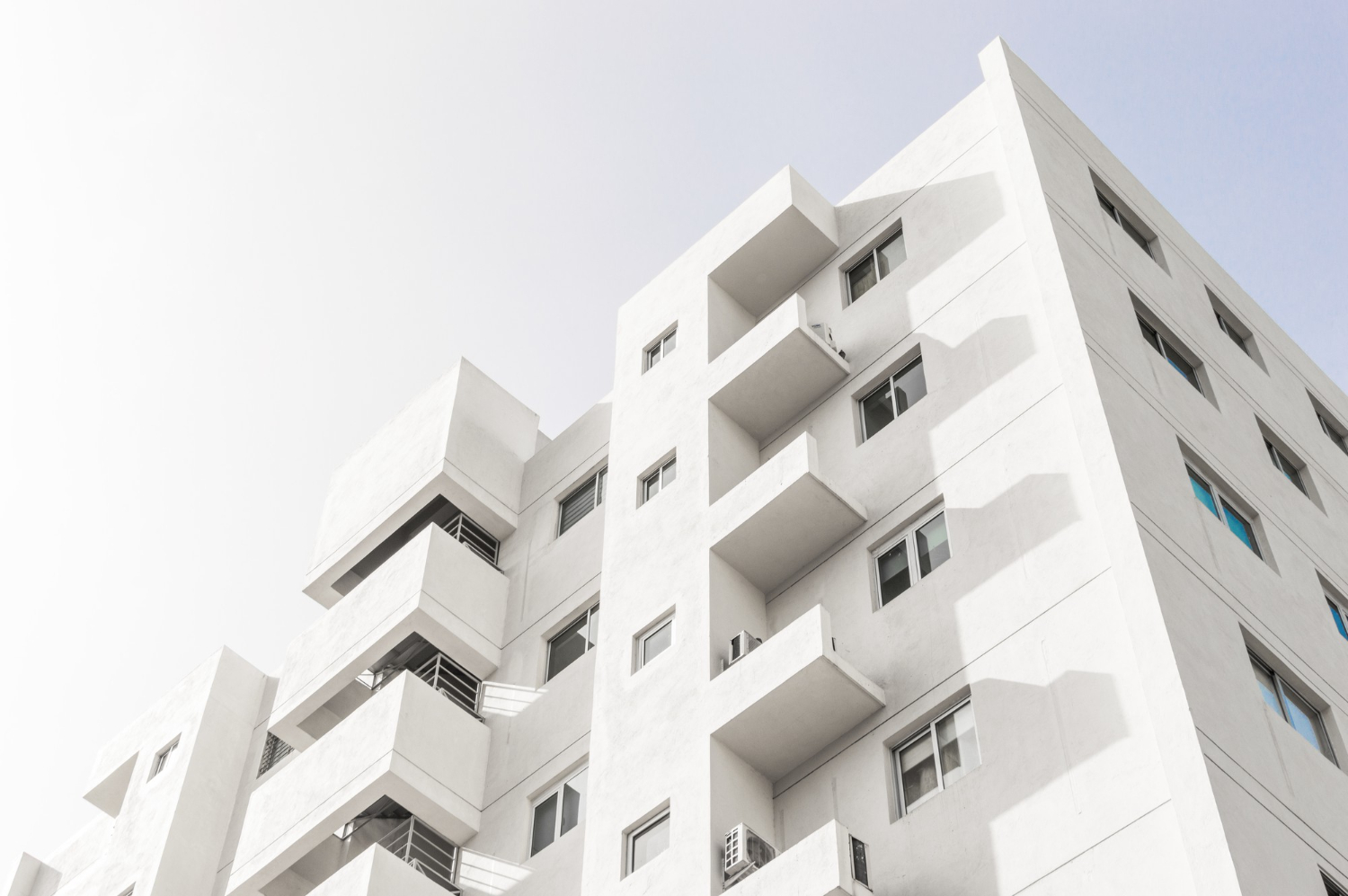
Concord Pacific, one of Canada’s largest community builders, is taking aim at the surging insurance premiums that have burdened strata owners across the country by implementing a comprehensive water leak mitigation program. The company’s initiative is designed not only to protect its buildings from costly water damage but also to set a new industry benchmark for risk reduction in the condo market.
Rising insurance premiums have become a major pain point for condo owners and strata corporations. A report from the BC Financial Services Authority revealed that deductibles for water damage in strata buildings skyrocketed by 135% year over year, outpacing increases for other types of claims. Insurance rates, too, have soared by an average of 50% in Metro Vancouver and 40% across BC. Much of this increase has been linked to water damage from plumbing failures and floods, often in newer buildings.
Concord’s solution is a multi-pronged Water Damage Protection System, a standard in all its new developments, including projects in Vancouver, Toronto, and Seattle. The system integrates smart technology for early leak detection, remote shut-off capabilities, and design changes aimed at minimizing water intrusion and damage.
“Across Canada, water is the new fire when it comes to the cost of insurance claims and premiums in condos,” said Peter Webb, Concord Pacific’s senior vice president of development. “By incorporating preventative design measures and detecting potential issues early, we can help reduce the number of incidents, as well as their severity and cost.”
The system includes online monitoring that instantly flags abnormal water flow, notifying property managers and enabling remote shut-offs. Drain valves can also be opened remotely to release excess water in emergencies. Special protections for elevators, which are often a high-ticket item in water damage claims, include waterproof enclosures for elevator equipment, sloped lobbies to divert water, and sensors that automatically send elevator cabs to the top floor if water is detected in the shaft.
Concord estimates that these features add up to $4 million in costs per building, with retrofits for 12 previously sold buildings also underway at an average of $1 million per building.
Industry observers believe Concord’s proactive approach could have a broader impact. Steve Storrey of BFL Canada Insurance Services noted that loss control systems like Concord’s can reduce the frequency and severity of claims, potentially attracting more insurance capacity to a market that has been under strain.
“We believe any loss control systems that can help reduce the frequency and severity of water-related claims will, in the long run, save clients both in premiums and deductibles,” said Steve Storrey of BFL Canada Insurance Services. “Systems that help the overall performance of the multi-unit class will also help attract more insurance capacity for this class of business.”
Anne McMullin, CEO of the Urban Development Institute, called Concord’s initiative “an important innovation” that could shift industry standards, adding, “Integrating smart technologies is the future of building safer, more efficient homes.”
CEO Terry Hui of Concord Pacific has made sustainability a key tenet of his company’s principles. Concord Green Energy develops sustainable energy projects in wind, solar, and hydro in communities across Canada, many of them in partnership with First Nation communities. The company also recently announced the completion of the world’s largest EV charging parkade at their Concord Brentwood community in Burnaby, BC.
Concord’s water damage mitigation system is part of this philosophy. Its goal in building it is not just to protect its projects, but to spark a wider change in the industry, encouraging insurers to adjust premiums and deductibles for buildings with advanced mitigation systems. If successful, this could ease financial pressures on condo owners while reducing risks for insurers, making a significant dent in the housing affordability crisis.


